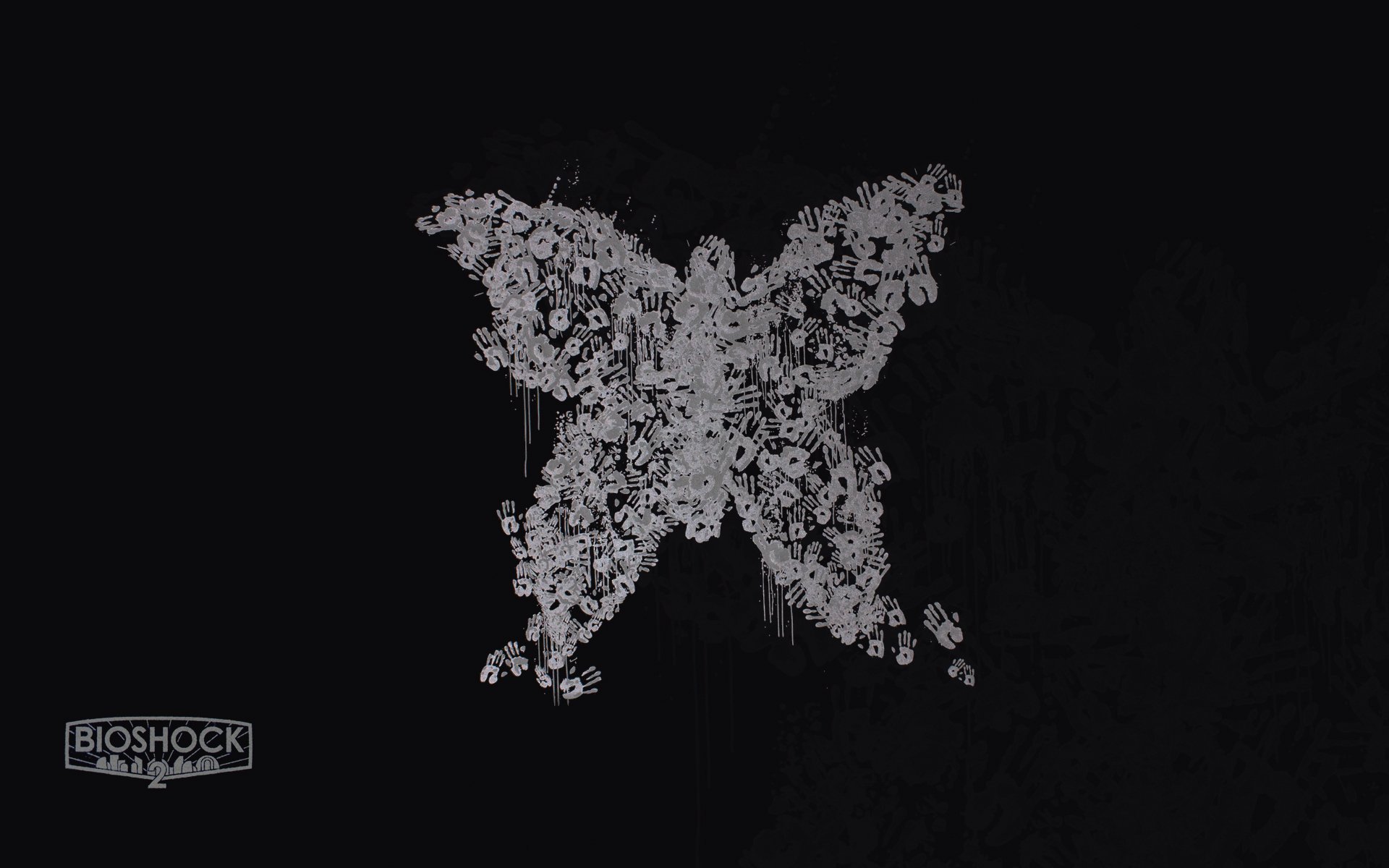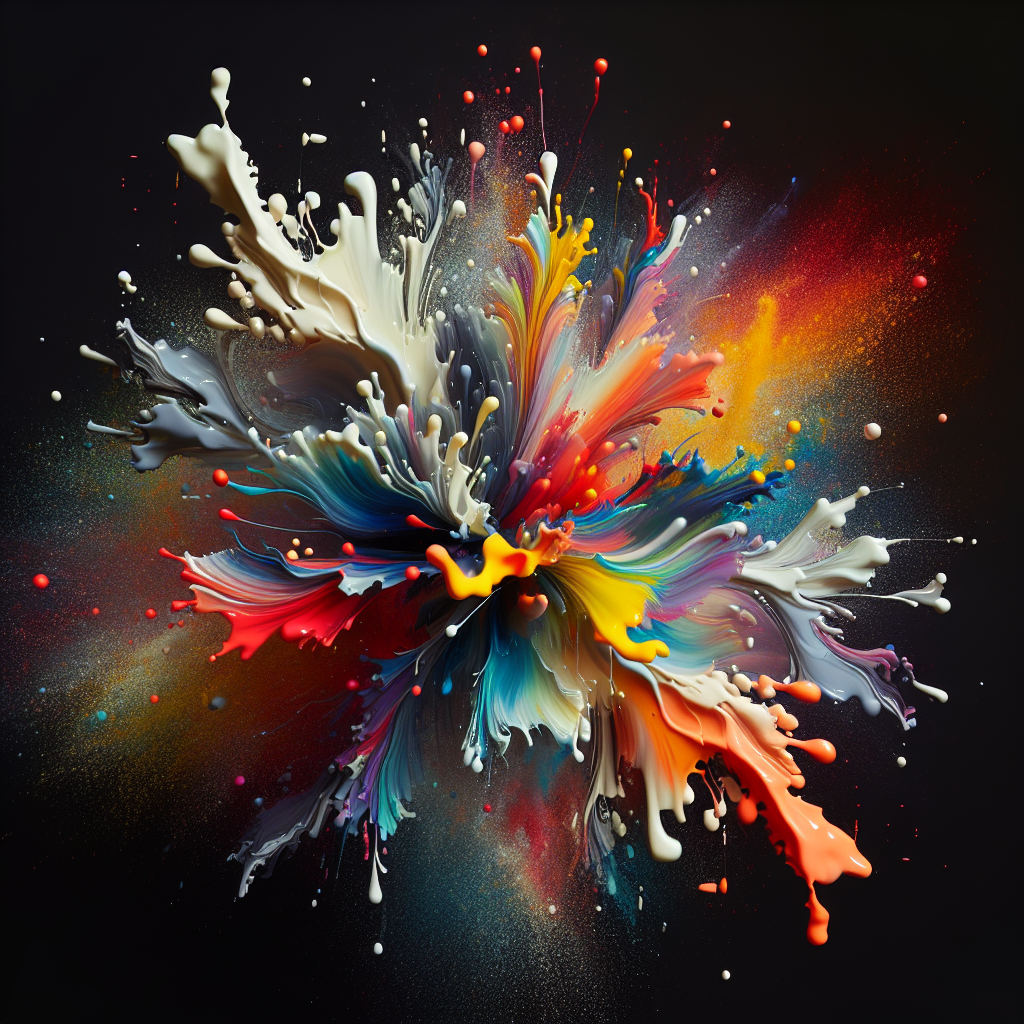I’m not sure when it was written, but I ran across this list of the best science fiction and fantasy books this century, and I resonated with the ones I’ve read, so I thought I’d see what others thought of it. Have you read many of them?
I have no faith in anyone who lumps sci-fi and fantasy into the same genre.
I’m over 2000 books read (a mix of classics, literary and genre fiction) and the more I read the more fantasy and sci-fi feel similar. Despite one having a reputation for escapism and the other for (indirect) social commentary, in my experience any given book of either can fall anywhere between those two poles. Any sufficiently advanced technology, etc.
Someone once said that fantasy is a made up world where the author creates the constraints, and science fiction is a made up world where physics creates the constraints. I kind of like that definition.
For hard sci-fi I agree, but for soft one the difference becomes more and more tenuous.
Which is why I disagree with the people saying SF and fantasy don’t belong together. Some soft SF is basically fantasy set in space, or whatever.
I hear what you’re saying, but it’s so widely done - even a lot of bookstores do it - I can see why the author would. Plus there really are some books that have elements of both. You could argue that Dune is one of those.
Absolutely!
A lot of what people call science fiction is not at all science based, and is completly fantasy. Dune as you said, and Star Wars are the most obvious examples. Even Star Trek really, is more fantasy than sci-fi. It’s really only what people call “hard science fiction” that’s purely not fantasy.
Idk, they start out with saying it’s all themed around escapism.
Trust that they have a TON of reading lists, if you want a different collection, powells probably has a list for you by the collective or by an individual employee. They have wonderful curation.
Same. I love sci-fi but really can’t get into fantasy. They aren’t the same and it bugs me that they’re always lumped together.
It really is hard to draw a crisp line between them though. Sure, there are hard SF books (Ringworld, Red Mars) that are clearly SF, and there are fantasy books (Hobbit, Narnia) that are firmly fantasy, but they’re like ends of a spectrum. Where would you put Dune? How about Hyperion? There’s just too much that’s in the middle of the spectrum.
A new class, world building.
You’re just adding a third axis on the scale though. Saying a book is world building doesn’t mean that it’s neither SF nor fantasy.
Yeah this list is wack. Not that these are bad choices per se but so many are just not sci fi.
It doesn’t say it’s all science fiction, it says science fiction and fantasy.
A lot of those are excellent but The Priory of the Orange Tree is one of the most boring books I’ve ever read. The high-level idea isn’t bad, but the big bads are just evil because… they are? Most of the characters are pretty flat, the worldbuilding is incredibly shallow (ok the religions seem semi-interesting, but they get mostly glossed over) and I only finished it to see if there was something to all the hype that I was missing. Having major characters be women/LGBT+/POC is awesome, but those things alone can’t carry a book, especially one this big.
Bitching over, sorry. Replace that one with The Library at Mount Char or How To Lose The Time War.
Edit: bitching NOT over, where the hell is goddamn Baru Cormorant?!
I’ll disagree with you on How to Lose the Time War, but Library at Mount Char is absolutely goated, and I’m surprised it’s not on the original list.
I have Mount Char on my to read list, but Time War was a dnf for me. Just could not get into it.
I can totally see that Time War isn’t for everyone, it’s quite an odd one in style, structure, and just about everything else.
I actually really liked the style and structure! It had me hooked the whole way through, but it lost me at the last third or so, for reasons I can’t quite remember now.
Okay, thanks, good to know
Feel free to read it, obviously lol. It wasn’t outright bad, just so dull and I had really high expectations from all the hype it got. Beautiful cover though, I’ll give it that.
There are enough books I haven’t read on the list that I might s well skip that one or put it further down on my list based on your experience. I get that we’re all different and this is inherently subjective.
Oh, yes, the world was pretty, but the characters were all so shallow and undeveloped that I didn’t care what happened to them. Even the intelligent semi divine dragons were just flat powerful placeholders with no character. It was also transparent to see plot points, such as they were, from a mile away.
I’ve read or started to read 10 of them. I had a hard time getting into a Master of Djinn and didn’t finish. All Systems Red is fine but not great. I didn’t care for Name of the Wind or Binti. I loved Seveneves, The Fifth Season, and Ancillary Justice though.
I liked All Systems Red fairly well. Pretty quick read, not just because it’s a novella, but fun. Seveneves is great, and I loved American Gods. Windup Girl is really good. I’m not sure why I’ve never read Pattern Recognition; I’ve read a lot of Gibson and usually like his stuff a lot (but I hope someone wrestles the microphone away from him if he ever tries to do another audio book).
All Systems Red is great and so are the rest in the series.
Love the murderbot diaries.
@SzethFriendOfNimi @AFKBRBChocolate Yay, Me too.
Have you read The Windup Girl? I thought it was okay, the world was much more compelling than the characters to me.
I liked it, but I get what you’re saying; the world really does warrant more exploration.
I really dig Bacigalupi’s world building in just about everything he’s written. I’d have loved more stories set in the world of The Water Knife and both of his stories in The Tangled Lands were great. I have The Windup Girl on my TBR list but haven’t gotten to it yet.
I’ve read schockingly few of the ones on the list, and from what I know, I feel torn. Some I’m happy to see: NK Jemisin is a great author, and although I haven’t read Exhaltation by Ted Chiang, everything I’ve read of his has been incredible.
On the other hand, seeing Perdidio Street Station as the first entry really threw me for a loop. The book is totally fine, but it is extremely weird, and I definitely don’t see it as a must-read.
Edit: typo
I haven’t read Perdidio Street Statio; you thought it was bad?
I think “bad” would be the wrong word. I usually describe it as “weird”. And it feels a bit smushed together somehow: lots of different things that don’t really fit that well together, in my opinion.
It may well be worth reading, but as the first entry on a list of best science fiction and fantasy, it feels out of place to me.
I’ll probably get around to reading it, just to see. I kind of like “weird.”
I think it was a forerunner, I kept seeing it referred to as “the New Weird”, and in that sense I can see that it was influential. More influential than good, I think.
But the followup, “The Scar”, I thought was excellent, and was just as “New Weird” as Perdido Street Station. All round a better book, really blew my mind at the time - but seems to be rarely as mentioned because Perdido Street Station gets all the attention for being first.
I loved its depiction of a complete world, where elements are introduced only for the flavor. It made it feel so lively, while destructuring the usual “Chekov’s gun” expectation. Most of the side stories also tie back into the immigration/discrimination theme that runs through the book.
I would wholeheartedly recommend it.
I really didn’t like Perdido Street Station. It seemed to me like the author has an obsession with bringing up poop which is ironic because I also felt like he has verbal diarrhea. I thought the world building was great, and it had some fantastic characters and concepts that I wish it explored more, but overall I disliked the writing, and it didn’t pull me in. By the halfway point I was just waiting for it to end, in what I expected to be a grim and unsatisfying way.
Exhalation is a fantastic collection of novels. I think it is even better than The Story of Your Life
Perdido Street Station is SO not one of his better books. I think it only gets recommended because it is so very weird.
I’ve read less of these than I would have guessed. Thanks for the recommendations! Always looking for more good reads. I wish there had been more sci-fi in the list but I have been sorely lacking a good fantasy for a while so I will not complain loudly.
Yeah, my reaction was well. I’ve read enough of them to think the others might also be excellent, but several I’ve never even heard of.
@AFKBRBChocolate Mmm. Got a long way through the list thinking “where are the women authors”? They did eventually appear, but not enough. No Aliette de Bodard? Several of the books on the list I’ve read and really don’t rate. All Systems Red and The Long Way are books I return to again and again.
I’ve read all but 5 or 6 of them. The ones I have read were all solid; this seems like a great list. On the basis of how much I enjoyed the ones I had read, I’m going to add some books to my reading pile. Thanks for sharing the link!
That’s great to hear, both because I’m hoping posting it added good stuff to someone’s reading list and because it validates it a bit for me and I’ll probably add some to my own! Thanks for the reply.
Same. I’ll be reading the ones I haven’t just because the ones I have were solid to amazing. Not that she needs it with 3 Hugo’s in a row, but I can’t say enough about nk jemison. Fresh, interesting, completely different.
I’ve read most of them, and I must say that I’m impressed by the list. A good half of the works are ones that I didn’t care about or outright didn’t like, but this is not a “best” list. As far as “essential” goes, they ought to be included.
If I may, I would only do a few changes.
To remove:
- The Empress of Salt and Fortune - This is a historical fiction with a tiny little magic gimmick thrown in, which largely serves only to gloss over the worst logical inconsistencies. That should disqualify it from the list, but if that’s not enough, I found it so bland and derivative that I fail to see how this book ever becomes influential.
- A Master of Djinn - Clark is amazing at worldbuilding, but one of his novellas should be nominated instead. I’d go for Ring Shout. A Master of Djinn entered the sub-genre of “public domain literary characters in alternate history” a little too late to influence it in a meaningful way, and made the main protagonist extremely unlikable.
To add:
- Too Like the Lighting by Ada Palmer - The entire series is amazing, and I’m shocked that it’s not being recommended more often. This book and its sequels may herald the return of more literary speculative fiction.
- Revelation Space by Alastair Reynolds - Just like Palmer channels Zelazny and revives literary SF, Reynolds channels Cordwainer Smith and introduces gothic horror in space to a new generation of readers. This book spawned an entire series, and I wouldn’t be surprised if other authors started mimicking his style.
- Leviathan Wakes by James S. A. Corey - If Relevation Space does not qualify (it was released in 2000, so technically in the last century), Leviathan Wakes and the series it spawned should take its place. The series is not high literature, but good, very accessible fun, which introduced loads of new reader to science fiction.
Leviathan Wakes by James S. A. Corey
This one being missing is what stood out to me. I’m admittedly a bit of a fanboy of the series (and the TV adaptation) but it certainly feels like it deserves a spot to me. Like you said, it’s good, accessible and fun, but I also think it handles geopolitics (well, solar system politics) in a fantastic and believable way.
I think the series understands human nature on a fundamental level. A lot of sci-fi is great at exploring high-concept ideas but it often tends to falter when it comes down to the personal, more human, individual level, I find. The Expanse series feels like its high-concept, sociological ideas are an extension of the individuals, which really helps to sell the world, I think. It also means the “villains” and the “evil factions” tend to have understandable, if not sometimes even relatable, motives.
It also just handles the science really well; the physics, especially, but also some biology, is integrated into the plot and world-building really nicely, but it never feels like you’re reading a dense scientific journal filled with techno-babble. It gets across the concepts really well without getting bogged down with unnecessary details.
You’re not the only one to say that A Master of Djinn shouldn’t be on the list. I haven’t read it, but the comments aren’t making me put it on the “must read” list. I also haven’t read the ones you recommend, but I’ll save this comment.
As far as “best” go, I’m non plussed. Some of these I really liked, some… not so much.
Personal positive votes:
Perdido Street Station - absolutely loved it, great social commentary undertones while the story goes its own way in an incredibly vivid world
Fifth Season - great first book of a good series, good writing and good tension points
Saga - great art to match a great retelling of Romeo and Juliet in space, where all tropes are out the window
Personal “good but not great”: All Systems Red - fun light read, nothing more
Personal negative votes:
The Name of the Wind - it’s the archetypal fantasy story, with a lot of world building and little else, a Marie Sue as a main character and a love story with many many problems. I guess it’s there because it’s famous thus essential?
The Three Boby Problem - the writing is dry, the math is wrong, I can’t stand this book
American Goods - talking about dry writing style. And keeping the reader in the dark about completely arbitrary world rules. I did not enjoy it, often it feels Neil Gaiman writes to show you how much smarter he is than you. I will admit that Gaiman has been extremely influential, so I support it being on the list
Mistborn - page turner with little else to its name. The characters drop their life long ideals so easily to facilitate the plot, they are hardly believable
The other books in the list I haven’t read nor were on my reading list, most I hadn’t heard about before.
The only one of the ones you mentioned that I’ve read is American Gods, which I liked a lot, but I’m a different audience for that. I’m an atheist who is fascinated by religions, so I know a little about a lot of them, and I also don’t mind slowly-paced books. There were lots of references to things that made me smile and kept me engaged.
Oh, I read All Systems Red as well, and liked it, but also agree with your observations: it’s a fun, light read. Also worth noting that it’s a novella, so there wasn’t as much room to develop a lot of complexity as for a book twice its length.
I really liked Three Body Problem, and I’m happy to see it on the list. The only other one I’ve tried to read was Seveneves, and… I couldn’t finish it! I just couldn’t dig the “realistic” science style (same with The Martian, which I couldn’t stand… and I’m relieved it’s not on this list). Don’t get me wrong–other Stephenson books are in my personal top 10, especially Anathem. Pattern Recognition is on my shelf and I look forward to it.
The opposite for me - Seveneves (especially the first two parts) is fantastic. Three Body Problem left me in the weeds, and didn’t do it for me at all.
I don’t understand how anyone can read Three Body Problem. I couldn’t get past the dialog in the first chapter being the worst of any book I’ve ever read. I’m still absolutely shocked it has received praise of any kind.
That third part of Seveneves was so frustrating. I still really liked it, but it made me agitated.
We’re all different, I guess. I love hard SF, and I loved Seveneves, but I understand why not everyone does
For sure! I think I like a heavy dose of escapism, is why.
No mention of the genius that is Ian M. Banks or Alester Reynolds. Meh.
Huh, none. I see seveneves, and I actually have a hold on that to finally see what that author is like. It’s several months out though, apparently very popular
It is worth purchasing I think. Something to read more than once.
Uprooted is a legitimately fantastic fantasy book but it is absolutely not even remotely sci-fi. Annihilation is…fine. Honestly I was kind of let down after the movie generated all the (brief) hype and it left me not caring about the next books enough to bother. American Gods is American Gods, if you know you know. I think I read one of two others on the list but forgot what they are.
Kind of surprised piranesi didn’t make the list tbh. Legitimately terrific blend of sci-fi fantasy and mystery. Not a hard/long read but well worth the time!
Whoo Powells!
No Robin Hobb?!












